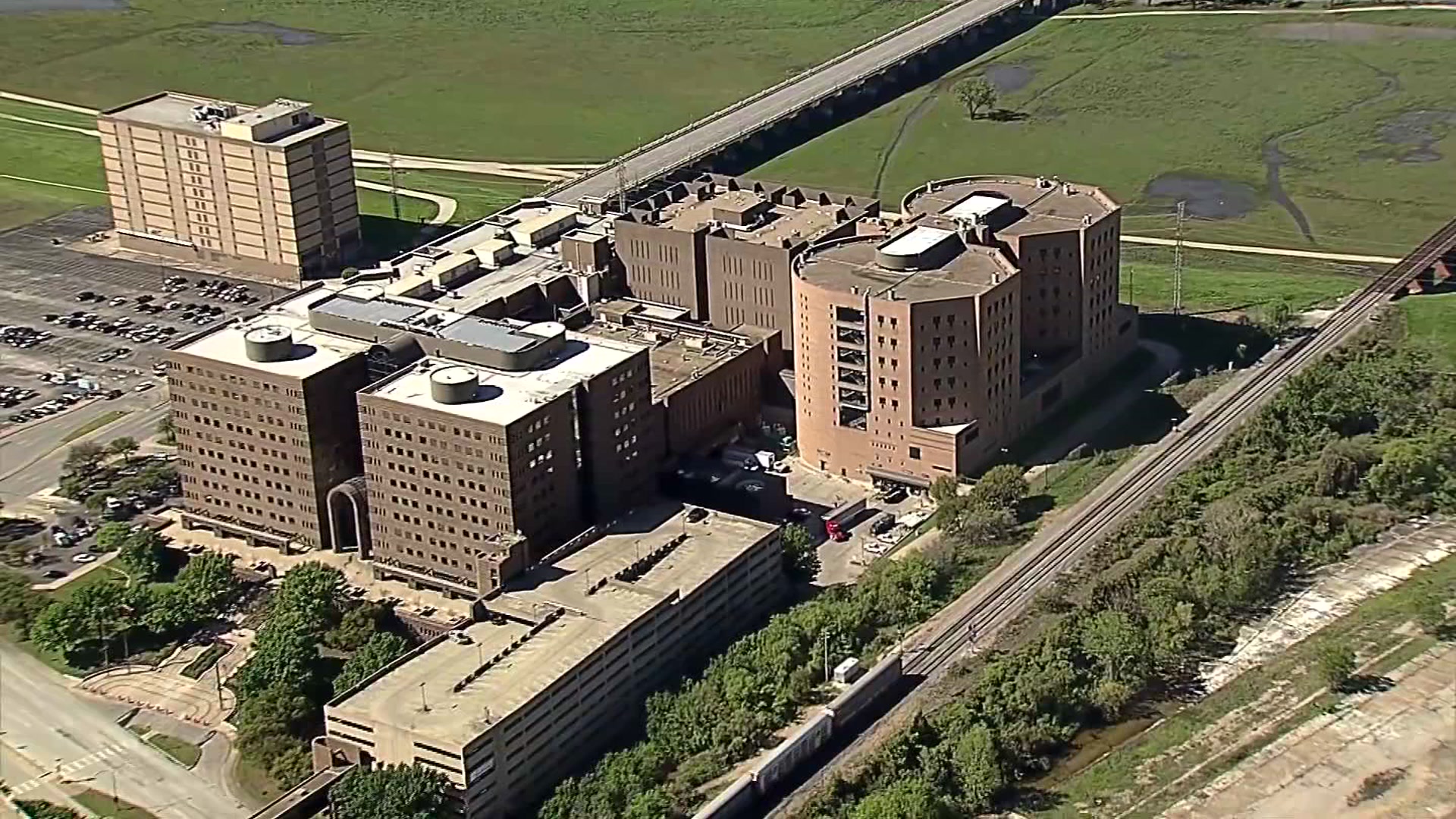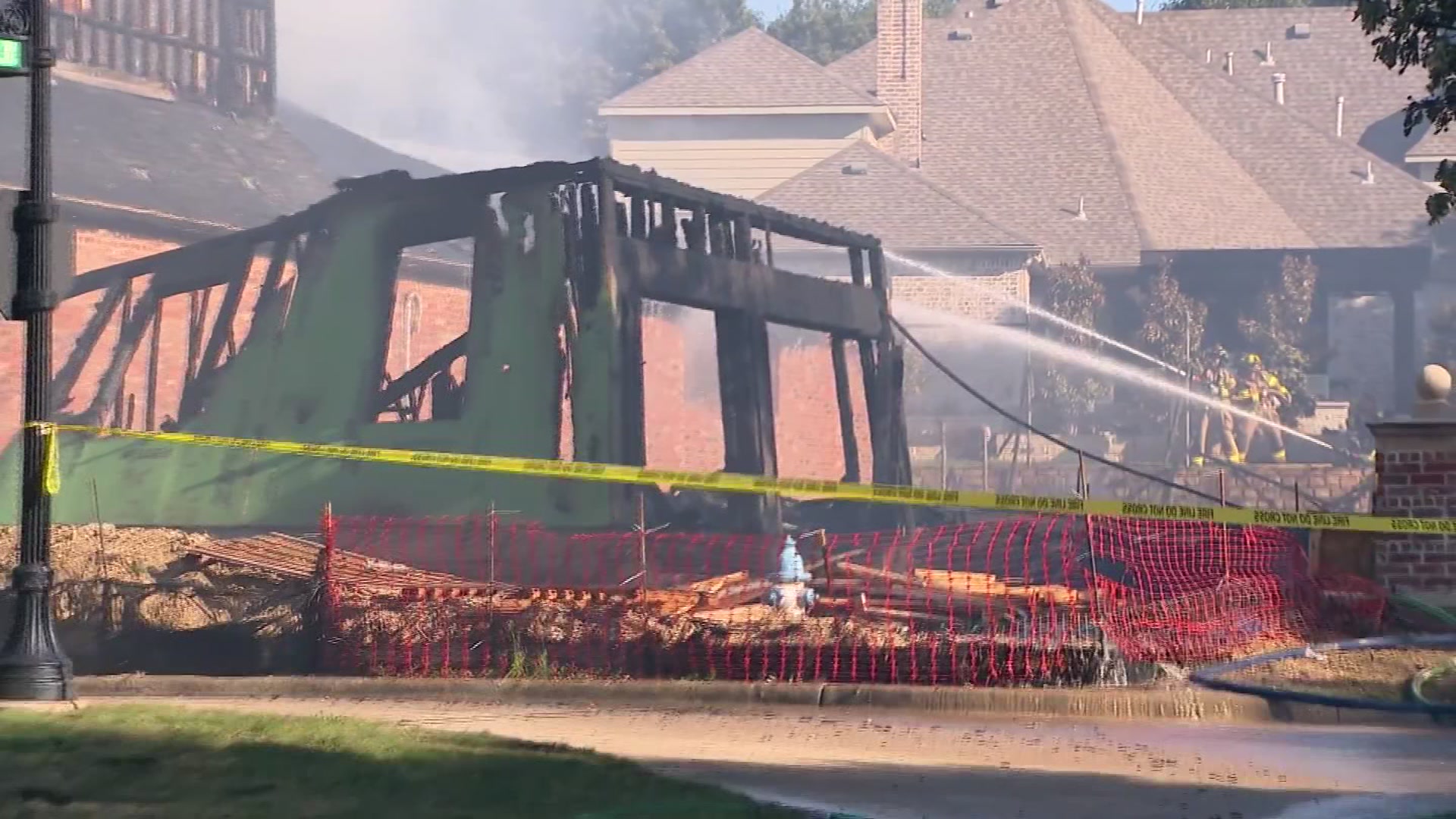Texas journalists asked legislators Monday to cement into law guarantees that they will be shielded from libel lawsuits if they accurately report a whistleblower's allegations that turn out to be false.
They say that's been common practice in Texas for years, but that they want to see legislation passed particularly after a 2014 Texas Supreme Court ruling left state libel law unclear.
Republican Sen. Joan Huffman said media groups asked her to push the bill, which she presented Monday to the Senate State Affairs Committee. Opponents say the measure is not necessary and that journalists in the state already have many protections.
The bill would shield journalists from litigation when they report on allegations brought by a whistleblower, if the accusations were made and were accurately reported.
"Whistleblower reporting is the most crucial thing we do," San Antonio Express-News reporter Sig Christenson said during the hearing before the Senate committee. He gave several examples of stories that originated with a third-party source and led to changes in legislation.
Existing libel laws ensure that journalists aren't protected when they knowingly publish lies, Christenson said, adding that he's never been sued for libel during his 33-year reporting career.
Texas Trial Lawyer Association President Bryan O. Blevins Jr. said it's not clear who Huffman's proposal would protect.
Local
The latest news from around North Texas.
Laura Prather, co-chair of the Freedom of Information Foundation of Texas' legislative committee, said the proposed legislation would address an unsettled issue that arose from a state court ruling against a CBS affiliate accused of libeling Dr. Byron Neely.
In the U.S., statements cannot be considered as slander or libel if they are true. The "substantial truth" doctrine goes even further, and says that a statement is substantially true if "it does not create an impression in the mind of the listener more damaging than a literally true statement would," according to the Reporters Committee for Freedom of the Press.
Prather said that the Neely ruling was unclear as to whether the "substantial truth doctrine applies to reporting on third-party allegations."
Blevins and others wore red "7" lapel pins to remind people that, under the Seventh Amendment to the U.S. Constitution, Americans have the right to a trial by jury. Neely's attorney, James Baskin, said the surgeon's "life was wrecked" by the allegations that were later rendered untrue.
Baskin said Huffman's bill would allow members of the media to "defame somebody, to ruin their lives."
After the hearing, Huffman, who chairs the Senate State Affairs Committee, said the proposal is something that's "probably needed." However, she said she's "not completely confident" that it will pass. It was left pending in committee.



